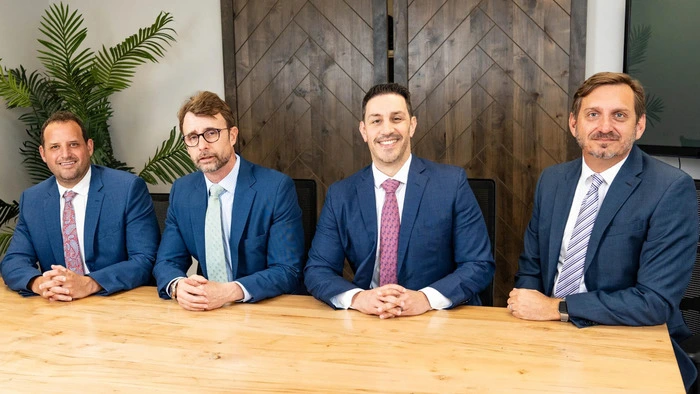request a consultation
Fill out our contact form and we’ll be in touch with you right away.
Property owners have a responsibility under the law to protect visitors on their land. However, this duty is not the same for every guest. Depending upon a person’s reasons for visiting the land and whether they had permission to be there, the steps that landowners must take to prevent slips and falls will vary.
Sadly, this does nothing to diminish the harsh impact that these events can have on your life. Your injuries may necessitate substantial medical care, devastate your quality of life, and jeopardize your ability to support your family. A Riverview slip and fall lawyer could recognize the impact of these events on your life and demand that negligent landowners pay their fair share. Calling a well-practiced accident attorney is your best option.
The Duty to Keep Guests Safe from Harm
As a general rule, a property owner must take appropriate steps to prevent injuries to their guests. However, it is important to know whether the steps that the landowner took were appropriate.
There are two key questions to ask concerning liability for a slip and fall case. First is whether the guest had permission to be on the land. If not, they are trespassers in the eyes of the law. In these cases, a trespasser can only collect compensation if it is clear that a property owner was wanton in allowing a hazard to persist that caused an injury.
If a guest had permission to be on the land, we must next examine their reasons for being there. Guests who enter land for their own gain, such as to attend a barbecue, are licensees. Property owners have a duty to warn licensees about known hazards that may cause a fall. By contrast, those who enter land for the benefit of the owner, usually to spend money, are considered invitees. Here, the owner must warn the guest of known hazards but also inspect the land for any potential dangers. A Riverview slip and fall attorney could establish your rights under the law and evaluate the actions of landowners that allowed a fall to occur.
Possible Limitations on Slip and Fall Cases
Even though it may appear clear that a property owner was negligent in allowing a fall to occur, it may still prove difficult to obtain fair compensation following an injury. One concept that applies to falls that occur on commercial property is the special rule concerning transient substances. Under Florida Statute § 768.0755, individuals seeking payments must be able to show that the landowner knew about a foreign substance on the floor and that they did nothing to clear the hazard.
Another potential complication in these cases is the statute of limitations. This is the time limit following the fall for a person to demand payments in court. Under Fla. Stat. § 95.11, this limit is four years from the date of the fall.
Property owners may also allege that you did not do all that you could to protect yourself. If a court believes this argument, it must reduce your award by the percentage of blame that you carry for the incident. A slip and fall attorney in Riverview could fight back against these common hurdles.
Let a Riverview Slip and Fall Attorney Protect Your Rights
Slips and falls may appear to be clear examples of landowner liability. After all, property owners owe a duty of protection to all people who enter their land. Sadly, proving fault and connecting one’s losses to these incidents is rarely easy. Landowners might deny that they owed you a duty of protection or that your own actions were the cause of your fall.
A Riverview slip and fall lawyer is ready to pursue your case. We could not only show that a landowner was responsible for an incident but also demonstrate how that event has changed your life. Reach out to us now to learn more about your legal rights.



